Imagine lying down on a mattress that hugs your body perfectly, easing pressure and helping you drift off easily. That’s the dreamy comfort memory foam mattress promises. But sometimes, you might find yourself wanting a little more—like better support, more bounce, or a cooler sleep surface like an innerspring mattress.
But, what if you didn’t have to choose just one? What if your mattress could give you the best of both worlds? That’s where hybrid mattresses come in, offering a unique blend of support and comfort that many people didn’t even know they needed—until they tried it.
In this article, we’ll help you understand when choosing a hybrid mattress might be the perfect fit for your sleep needs over a memory foam mattress.
What Is a Hybrid Mattress?

A hybrid mattress combines the best features of two popular mattress types: innerspring coils and foam layers. Typically, it has a core of steel coils for strong support and bounce, topped with layers of memory foam, latex, or polyfoam to provide cushioning and comfort.
This design aims to offer the responsiveness and airflow of a traditional spring mattress, while also delivering the pressure relief and body contouring benefits of foam. Because of this blend, hybrid mattresses provide balanced support, better temperature regulation, and enhanced durability compared to foam-only mattresses.
What Is a Memory Foam Mattress?
Memory foam mattresses are made from a special type of polyurethane foam that responds to your body weight. When you lie down, the foam softens and molds to your shape, providing a "hugging" sensation that helps relieve pressure points and supports natural spinal alignment.
Originally developed by NASA to improve seat cushioning, memory foam is prized for its ability to evenly distribute body weight and reduce stress on joints. But, are foam mattresses good? For those who love contouring comfort, excellent pressure relief, and reduced motion transfer, the answer is often yes.
Why Go Hybrid Mattress, Not Memory Foam?
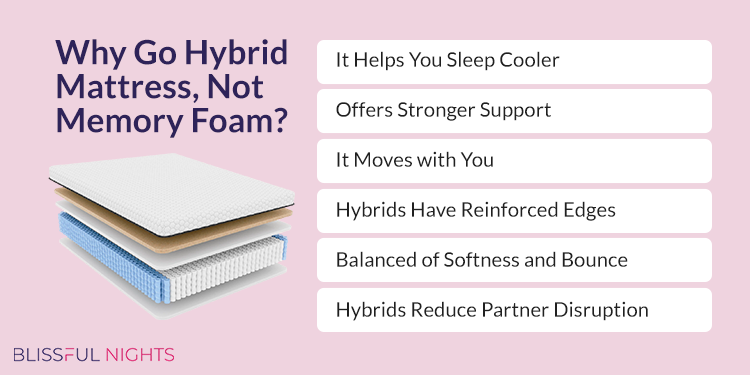
1. Hybrids Help You Sleep Cooler
If you find yourself waking up sweaty or too warm during the night, a hybrid mattress can help keep your temperature in check. Memory foam, known for its dense structure, tends to trap heat close to your body, which can make you feel uncomfortably warm, especially if you’re naturally a hot sleeper or if you live in a warm climate.
Hybrid mattresses have a coil core that lets air circulate more freely, which helps dissipate heat. Many hybrids also come with special cooling foams or breathable covers that work together to keep you cool all night long. So if staying cool while you sleep is important to you, hybrids generally perform better.
2. Hybrids Offer Stronger Support
People who are heavier, have joint pain, or require firmer support often benefit from a hybrid mattress. The steel coils inside hybrids provide a solid foundation that can support heavier weights better than memory foam alone. This can prevent you from sinking too deeply into the mattress, which might cause misalignment of the spine and lead to discomfort or pain.
Additionally, the support from the coils helps keep your back, hips, and shoulders properly aligned, which is crucial for preventing aches and promoting healthy posture during sleep.
3. Hybrids Move with You
If you tend to toss and turn during the night or share your bed with a restless partner or pet, a hybrid mattress will likely suit you better. Memory foam contours slowly and hugs your body, which means it takes time to adjust when you change positions. This can sometimes make movement feel restricted or difficult.
The difference between a hybrid and memory foam is how they respond to motion. Hybrids, thanks to their coil system, bounce back quickly and respond almost instantly when you shift or get up. This responsiveness makes it easier to change positions and reduces the feeling of being "stuck" in one spot.
4. Hybrids Have Reinforced Edges
If you often sit or sleep near the edges of your bed, strong edge support is essential. Memory foam mattresses can sag or dip at the edges because they don’t have reinforced support, which might make you feel like you’re rolling off when you’re close to the side.
Hybrid mattresses usually have reinforced edges—either thicker coils or dense foam rails—that provide a firmer, more stable edge. This means you can comfortably use the entire mattress surface without worrying about losing support near the borders.
5. Hybrids Feel More Balanced of Softness and Bounce
Some people enjoy the sinking, cradling sensation of memory foam, while others prefer feeling more "on top" of their mattress with some bounce. The best hybrid mattress offers a middle ground—they still provide the cushioning comfort of foam layers but add the lively bounce of innerspring coils.
If you like a mattress that feels plush yet responsive and supportive, a hybrid is usually a great choice. It combines softness and lift in a way that suits a variety of sleep preferences.
7. Hybrids Reduce Partner Disruption
If you share your bed, minimizing motion transfer is key to getting uninterrupted sleep. Memory foam excels at absorbing motion, so when your partner moves, you hardly feel it. Hybrids also do a good job, especially those with individually wrapped coils combined with foam comfort layers.
While hybrids might transfer a bit more motion than pure memory foam, many high-quality hybrids come very close to isolating movement effectively, so you and your partner can both sleep soundly.
Who Should Probably Stick to Memory Foam?
If you are someone who sleeps primarily on your side, likes a deep hug from your mattress, or needs excellent motion isolation, memory foam might still be your best bet. Memory foam is also usually a better option for those on a tighter budget, as it can be less expensive than hybrid mattresses with similar comfort levels. That said, there's also pros and cons of hybrid mattresses to consider, so it’s important to weigh those against your specific sleep needs before making a final decision.
Final Thoughts
Choosing the right mattress isn’t just about comfort—it’s about finding the right fit for your sleep style, body type, and personal preferences. While memory foam offers that deep, pressure-relieving hug many sleepers love, a hybrid mattress brings something extra to the table: breathable support, balanced comfort, and enhanced durability.
If you often wake up hot, need firmer support, or want a mattress that moves with you (not against you), a hybrid might be the smarter choice. It blends the cushioning feel of foam with the strength and bounce of coils—giving you the best of both worlds.
Ultimately, the “better” mattress depends on what you need to sleep soundly. Take a moment to consider what matters most to you at night—whether it’s cooling comfort, ease of movement, edge support, or that classic memory foam feel. With that clarity, you’re one step closer to better sleep.
FAQs
When should I pick a hybrid over memory foam?
Choose a hybrid if you want a mattress that’s bouncy, cool, and offers strong support—perfect if you move around a lot or get hot at night.
Who should consider a hybrid mattress instead of memory foam?
If you sleep on your back or stomach, are heavier than average, or share a bed with a restless partner, a hybrid mattress usually offers better support and less motion disturbance than memory foam.
Does a hybrid mattress help with overheating?
Yes! The coils allow more airflow, keeping you cooler than memory foam, which can trap heat.
Is a hybrid mattress more durable than memory foam?
Generally, yes. The coil support in hybrids tends to hold up better over time, especially if you’re heavier or use the edges of the bed often.
Are hybrid mattresses more expensive than memory foam?
Usually, hybrids cost a bit more upfront because they combine coils and foam, but they can last longer and provide better support, making them a good investment.


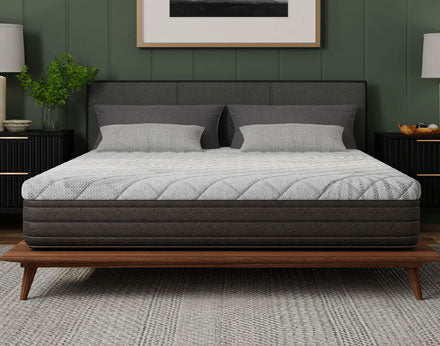

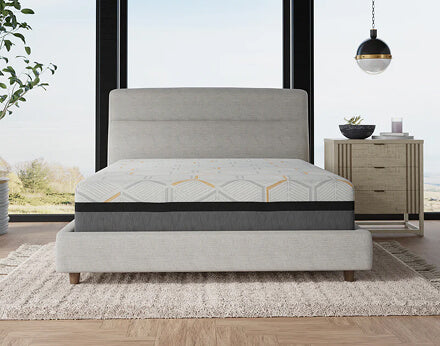


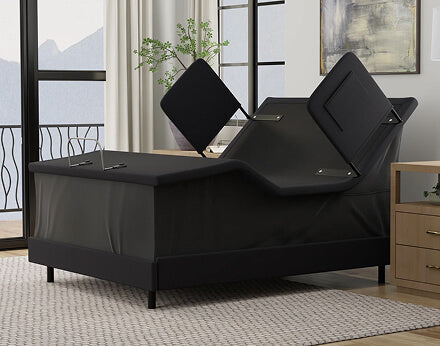



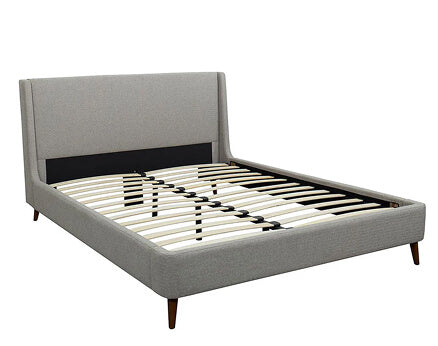
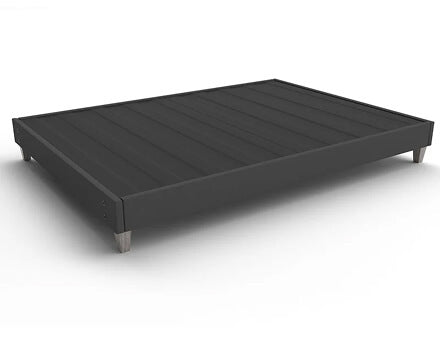
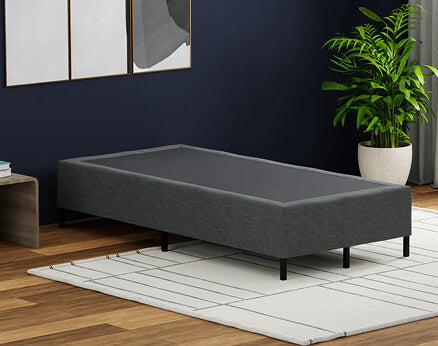

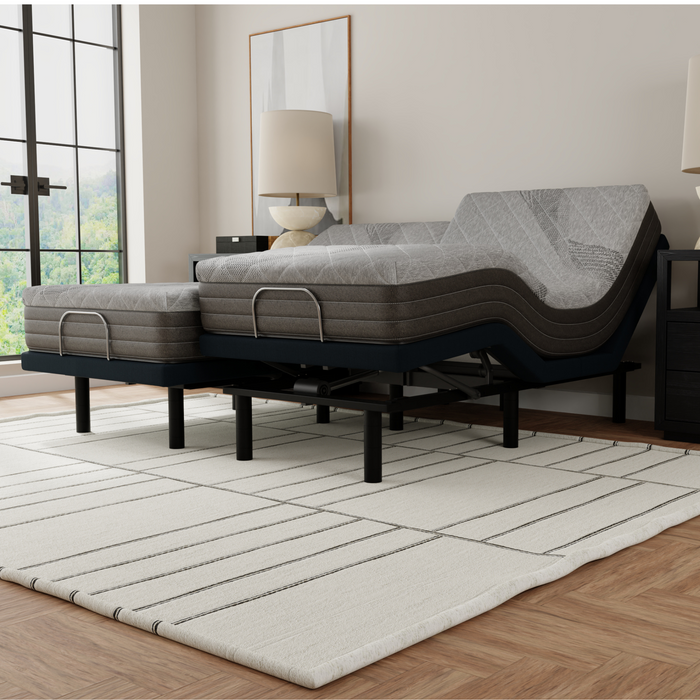
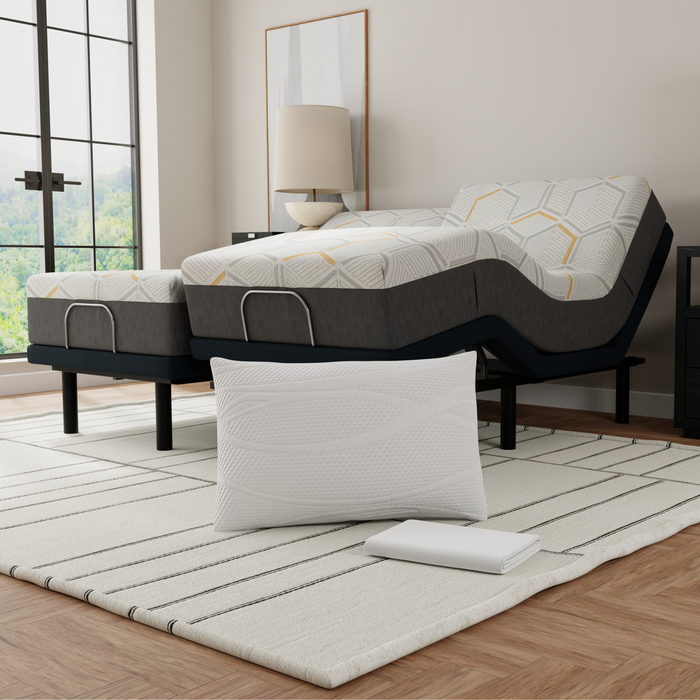
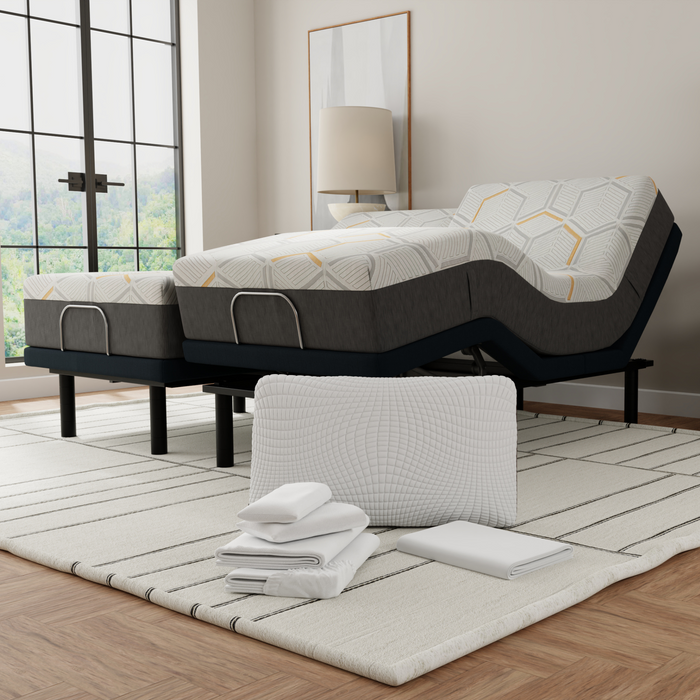
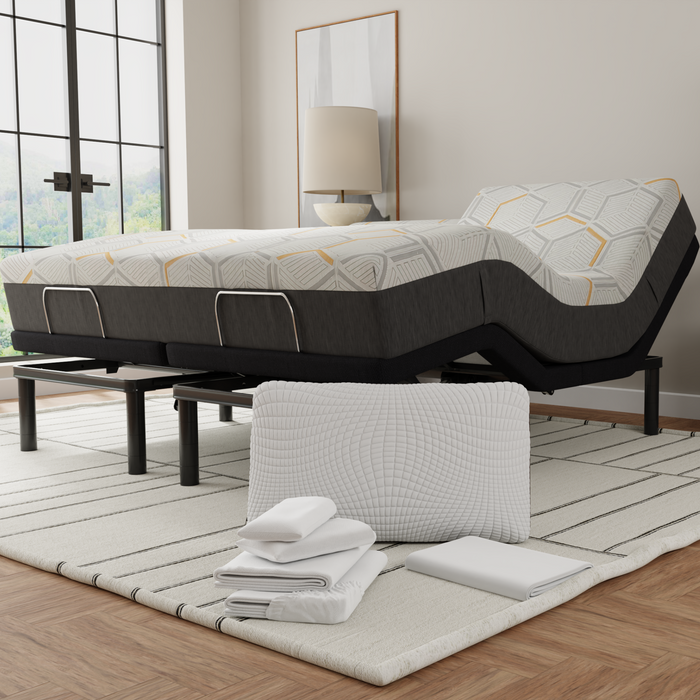
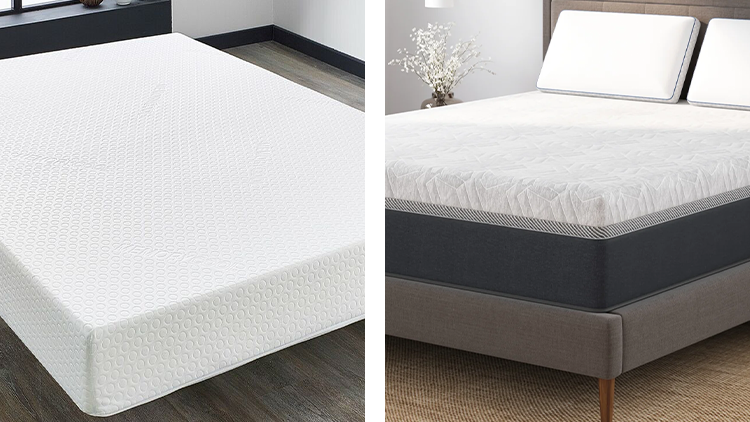

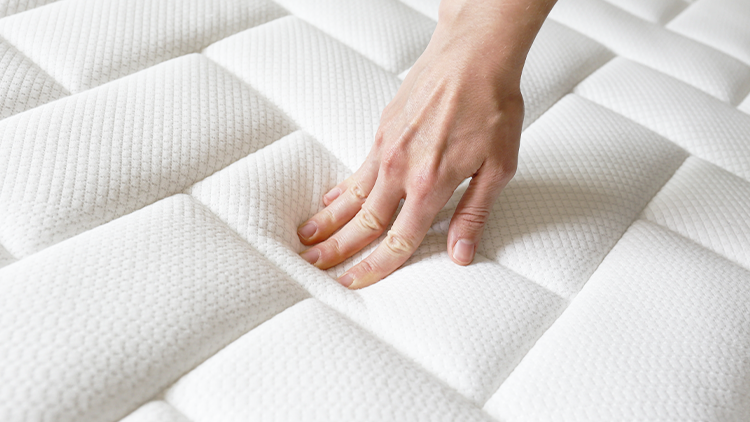
Leave a comment
This site is protected by hCaptcha and the hCaptcha Privacy Policy and Terms of Service apply.